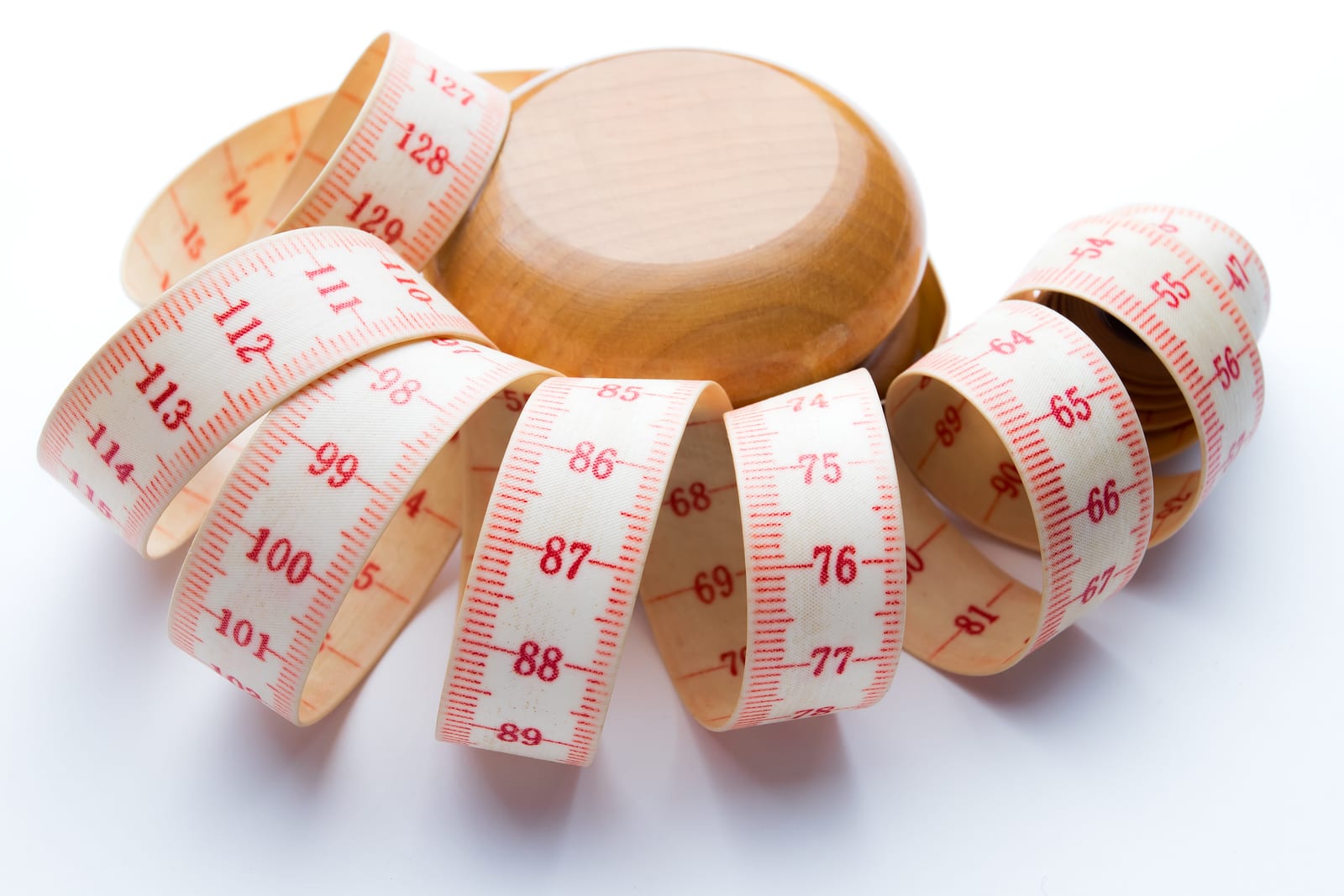In order to maintain or achieve a healthy weight and lifestyle, many people go on crash diets in an attempt to get results fast. Usually the hippest fad in dieting advocates for an extreme food related behavior, such as eating only meat, or avoiding sugar all-together. It can also be related to excessive exercise. The problem with these diets is that after initial results (or sometimes no results), they can lead to increased weight gain and a redoubling of unhealthy habits, known as the Yo-Yo Effect.
Why Does This Happen?
When we quickly push our bodies to extremes they aren’t used to, it can backlash against our habits. If you’re used to eating a high number of daily calories, and cut it down to an extreme low, your body can go into shock and the diet will become unsustainable. When the structure of the diet falls away, someone who was heavily restricting calories may take in even more calories than before and regain the lost weight. Someone who has spent day after day in the gym might take weeks off between gym visits. This loss/gain cycle can cause serious problems within the body like depression and exhaustion.
It’s not always about failing at a diet or not having a sense of commitment to follow through. For some people a crash diet is a get-fit-quick plan designed to get them the body they want quick. Sometimes though, these changes are not sustainable. For example, consistently buying groceries that are way out of your budget makes it impossible to maintain the lifestyle over the long term.
How To Avoid The Yo-Yo
The key to avoiding the bounce back from a failed fad diet is to think about your plans ahead of time. Before diving in keep these tips in mind:
Do Some Critical Reading
Check up on the history of the diet. Who was involved in developing it, and does it have a vetted source to back up its claims? Is there documented proof? Who is advocating for this diet? How many other diets have they supported in the past? If a celebrity is lauding the benefits of a new diet less than 6 months after their last new diet, it might be worth waiting to see how this new one pans out.
Does It Fit Your Lifestyle?
While a new diet begins sweeping across social media and news sources, take it with a grain of salt. Critically look at what the diet is asking you to do, and consider if it’s something you can reasonably incorporate into your daily life. Adjusting your lifestyle in such a way that it’s done using smaller changes means you’re more likely to keep up with the diet.
Plan Ahead
It’s also important to look at the whole course of the diet. Does it change over time? On day 30, do you need to stop eating all grains cold turkey? A common reason people stop following diets is also because of an unforeseen challenge within the diet itself.
Talk To A Professional
As always, before you change your diet significantly, and especially before attempting any of these crash diets, seek out the advice of your doctor or a medical professional. This way, you can discuss your expectations and get a better idea about what you should be doing to achieve the kinds of effects you want from a lifestyle change. In addition, talking with a trained professional can shed some light on how to make significant changes to your diet and lifestyle stick beyond a few weeks.
In order to keep yourself on the right path, it’s important to note that no single diet has all of the answers no matter what they promise in their book or commercials. Talking with your doctor, a nutritionist, and critically looking into any new diets you’re considering is incredibly important before getting caught in a Yo-Yo situation.





